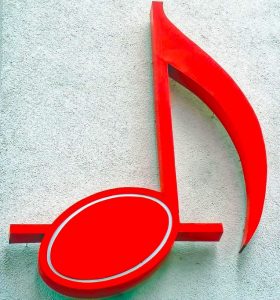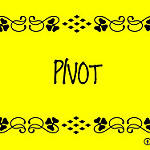Oh, what a year. In the spirit of taking a (small) step forward, I’m not going to summarize the ways in which we’ve all been impacted by everything that happened in 2020, but as we approach the anniversary of, what I’ll kindly call, the big shut down, I’ve been re-thinking what types of projects I’d like to see in my inbox and what types of books I think editors will be looking to acquire in 2021. While thrillers will continue to be in demand, I do think both agents and editors will be on the lookout for diverse stories that build and fuel community as well as those that really dissect identity, family, and our place in the world.
The Dark Side of Homecoming. And the secrets it reveals. I’m not talking about a big city corporate lawyer who inherits her great aunt’s estate and finds love along the way (although I have a soft spot for those stories, too). I’m interested in the tension that arises from being forced to confront your decisions to leave the place you were born and the desperate acts that come from being forced to return. I’m fascinated by the dark side and tension of identity building. What does it look like when you have to come back to a place to lay something to rest – especially if that place has a hold over you? What about when you have to confront the darker side of your cultural identity – be it myths or legends that turn out, somehow, to be real or the xenophobia you were raised with that you now have to confront?
Epic Sister/Friendship Stories. I devoured Britt Bennett’s The Vanishing Half and have been hiding from my family binging Firefly Lane. There’s something about the bond of friendship and sisterhood that continues to fascinate me. Friends have been a lifeline during these quarantine months and since I don’t have a sister, I’m always intrigued by what that would be like. I am drawn to the extremes of these relationships – the dark corners that break our hearts and the love that mends them. Female friendships are one of the most important and often overlooked relationships out there, so I’m particularly interested in what happens when they end. The loss of a dear friend is a kind of orphaning and it is an area that again drives people to interesting extremes. I’d love to find a Reconstructing Amelia among friends or sisters.
Food as a road to identity and community. 2020 had me thinking about food a lot. As I tried to control my reality by preparing heartening food for my family, I was also conscious that many didn’t have that same privilege. So much about food is tied to one’s sense of identity, feeling of home and sense of community. I would love to find a story about a community brought together by a local chef or restaurant – be it the community at large or the community a place like that creates for its patrons and staff. I’m also interested in stories about how food creates a home for someone. Whether it’s someone coming back to their roots, learning traditional recipes to reconnect to or learn about their history, or a kitchen of women who find solace and escape in the food they prepare and the restaurant they run, I’m interested in how people come to connect to food and how food connects us to who we are.
Thrillers. I am still in search of twisty stories where secrets are revealed and relationships are tested. If it happens to be set on a creepy island or in a closed community a la The Guest List, all the better. Stories where all things buried finally bubble over are deeply engrossing – especially when they involve giving a big middle finger to systems of oppression along the way. I’m thinking of The Other Black Girl or The Other Me as examples.
Creative Commons Photo Credit: Dan Zen






